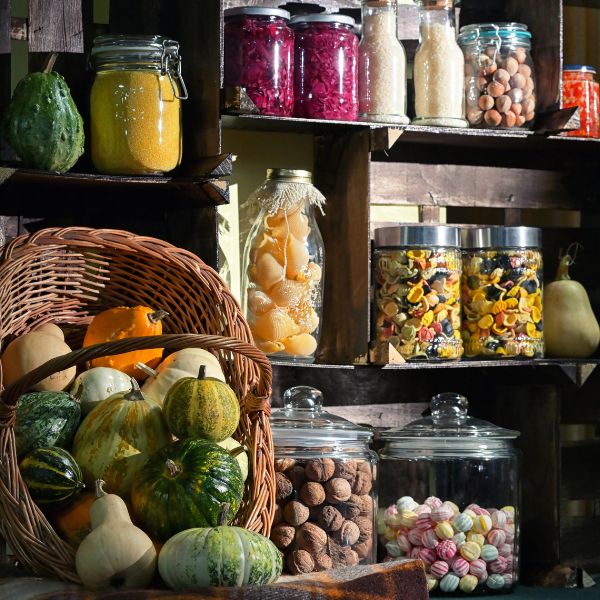Project Pan: How a TikTok Trend is Making Sustainability Easy and Fun

Sustainability has never mattered more than it does today. Those who live and breathe it know this well, but the truth is, many people still find it a bit overwhelming. And it is not hard to see why. The word ‘sustainability’ can sound intimidating, especially to someone who has not had the chance to explore it deeply. Many people try to outbid each other: living zero waste and off-grid, cycling everywhere, never buying anything new, or growing all of one’s food at home and eating only what has already been thrown away.
None of these approaches are wrong. In fact, they are inspiring but more people need to understand that they are not the only path to sustainability. Thinking of sustainability only in extremes can make the concept feel out of reach, and that is where discouragement sets in.
Sustainability does not have to feel like a massive project. It does not require a dramatic overnight lifestyle change. Instead, it can begin with simple actions that slip easily into everyday routines. Imagine them as tiny sustainable upgrades – choices so manageable they do not feel restrictive, yet still create change over time.
Simple classic examples include carrying a reusable bag or refillable water bottle, switching off lights when they are not needed, or choosing to buy local produce once a week. These small steps are often dismissed as “too little to matter”, yet when practised consistently, they add up.
Beyond these classics, sustainability can also be playful and creative. Once people start noticing opportunities, new ideas naturally appear – and sometimes they even come from unexpected places. The opportunities can be found everywhere. One example can even be found in one of TikTok’s popular trends known as “Project Pan”.
Project Pan revolves around a simple idea: use up what is already at home before buying something new. Many people have shelves or drawers filled with half-used products – whether that is make-up, skincare, shampoo, cleaning supplies, or even store cupboard staples. Instead of letting them sit untouched while new purchases pile up, Project Pan encourages finishing what is there first.
Delivery is through an internet challenge for marketing gain. However, it is still a good demonstration of sustainability in action. No complicated rules, no need for extra tools or sacrifices – just mindful use of what is already available. And the best part? It often feels rewarding and satisfying. There is something undeniably pleasing about reaching the bottom of a jar or bottle, knowing it was finished off.
But Project Pan does not just bring that little spark of satisfaction – it often comes with an eye-opening moment too. Once people begin, they realise just how many products they already own and waste. Drawers, shelves, and bathroom counters suddenly tell a story about consumption habits.
That is when the real value of Project Pan becomes clear: it highlights the difference between what we buy and what we really need. Many people have discovered that only a handful of products are truly part of their daily routine, while the rest collect dust. It is a simple but powerful way to become more mindful about buying habits, shifting the focus from accumulating more to fully appreciating what is already there.
Trends like Project Pan highlight an important truth: sustainability is not about strict rules or perfection. It is about creativity, mindfulness, and making the most of resources. It is about reframing habits from “I need something new” to “I will finish and appreciate what I already have.” or reimagining how the world can be.
And that mindset extends far beyond beauty or cleaning products. It can apply to wardrobes, kitchens, hobbies and most areas of life.
At its heart, sustainability is about making progress in ways that feel natural and manageable. Each step – no matter how small – contributes to a wider movement towards positive change.
So perhaps the real question is not, “Can someone become fully sustainable overnight?” but rather, “What is one small step that can be taken today?” Because small steps are where lasting change begins. And when enough people take them, we change supply chains and eventually the way the world works..
Quantum2.org